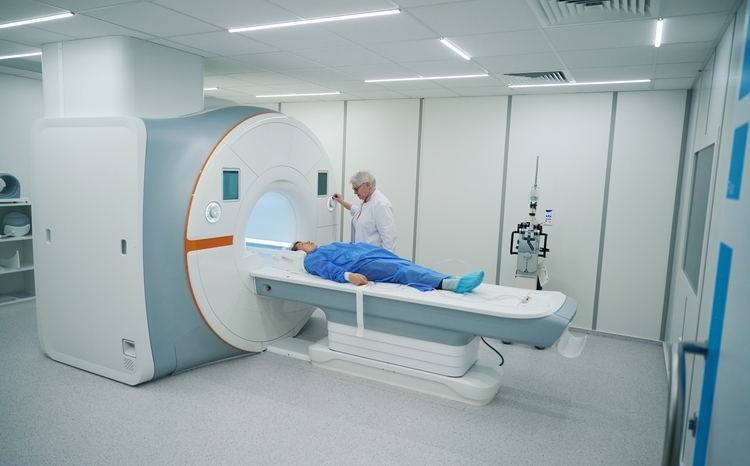ComMedica Unveils Web-Based Patient Record
- 13 June 2002
ComMedica, a spinout company from London University’s Imperial College of Science and Technology, this week formally unveiled its Patient Record Library System (PiRiLiS) at the Princess Margaret Hospital, Windsor.
The web-based system is being used for pathology and radiology records initially and is receiving enthusiastic support from consultant users who can gain remote access to test results and scans for their patients at the private BMI hospital.
Rosie Faunch, executive director of the Princess Margaret Hospital, said at the launch, “The biggest advantage is that there is no need for phone calls to find out results.”
The hospital’s consultants come from a wide area and work in many different locations. The web-based nature of the system means they can access PiRiLiS from their other places of work or from home – 10pm is a popular time for logging on to the secure system. Other authorised staff have access to the system with physiotherapists proving to be keen early adopters.
ComMedica, which describes PiRiLiS as “the world’s most advanced system of web-based patient record keeping” believes the company provides a great example of ground breaking enterprise spinning out of a top ranking UK academic institution.
The company, which is owned by Imperial College, ComMedica employees and other investors, should be in a good position to catch the tide of surging political interest in the potential power of healthcare IT.
Chief executive, Mark Simon, said, “The success of Mr Blair’s multi billion pound refit for the NHS hinges on the introduction of the world’s largest IT project. ComMedica, through its pioneering research work, is extremely well-placed to help with that initiative particularly as we estimate the NHS can save £50m a year, not to mention improving care.”
This is backed up by a survey carried out for the company by the Survey Shop which indicated that:
- Two thirds of GPs thought patient care would improve when electronic patient records are available;
- Loss of records is a problem for GPs with 48% saying it has slowed diagnosis.
Some 24% of GPs say that lost records have caused wrong drugs to be administered; and 20% say lost records has caused extended treatment for patients.




